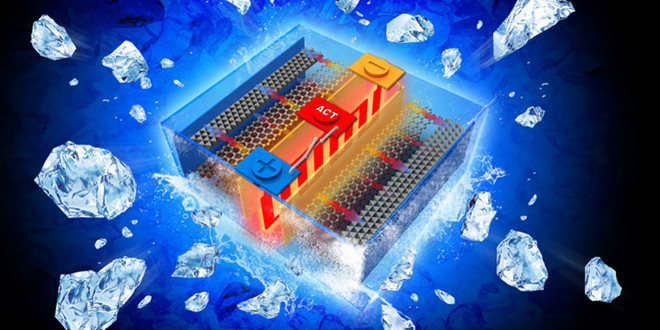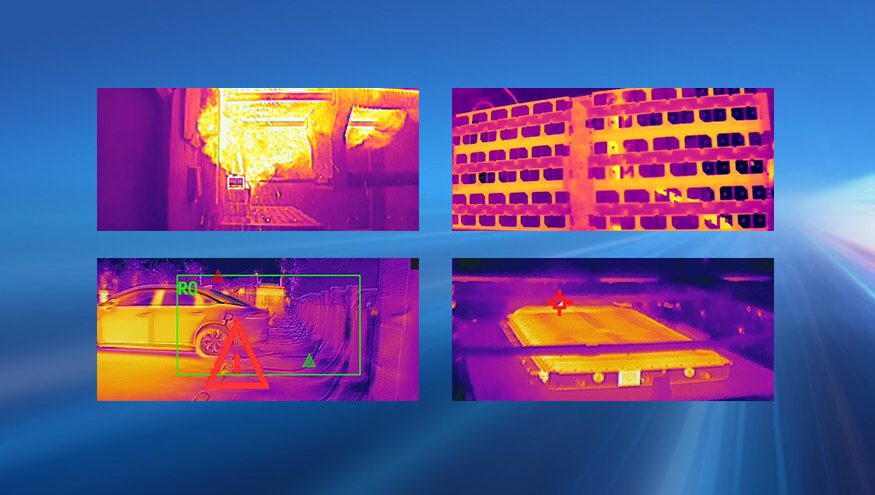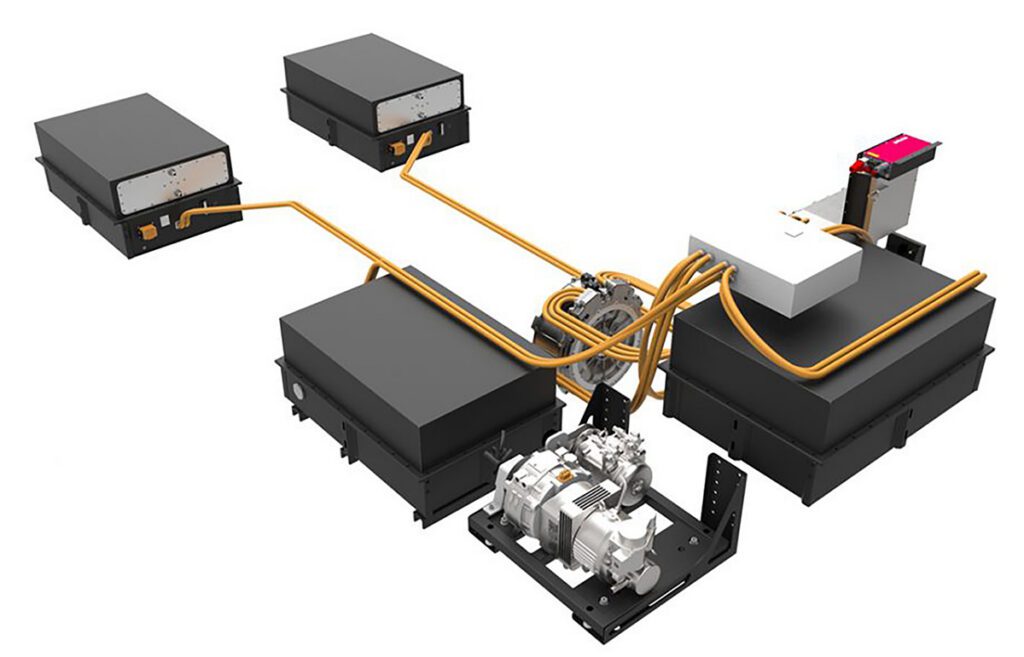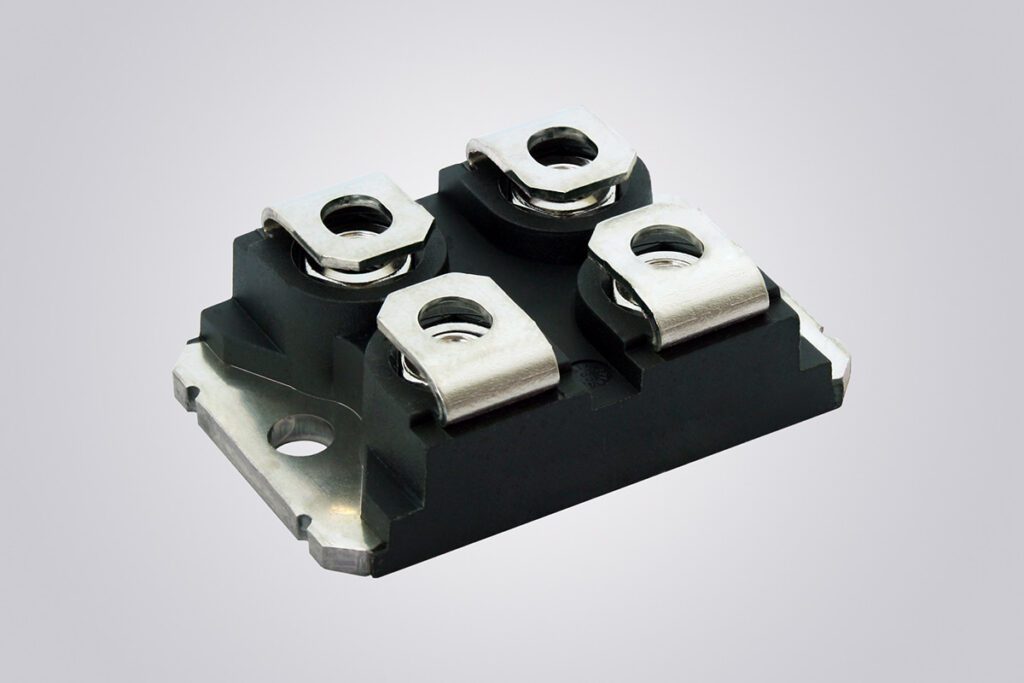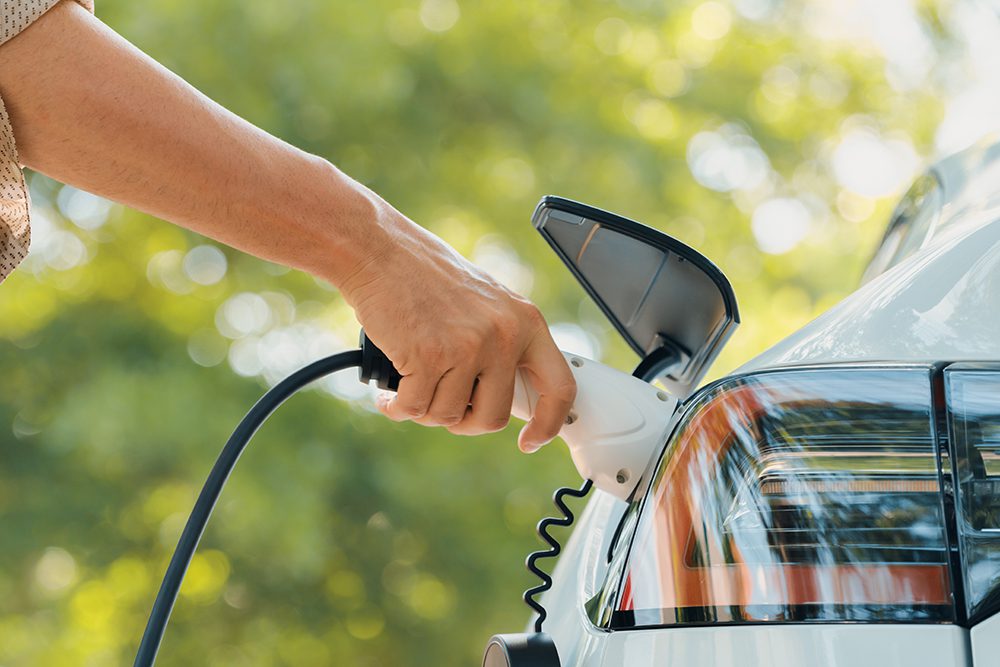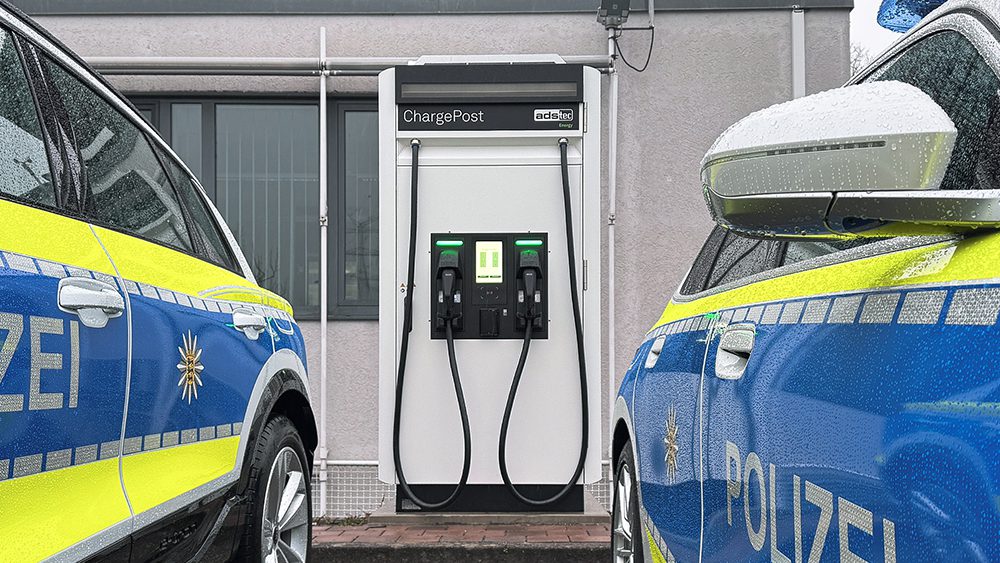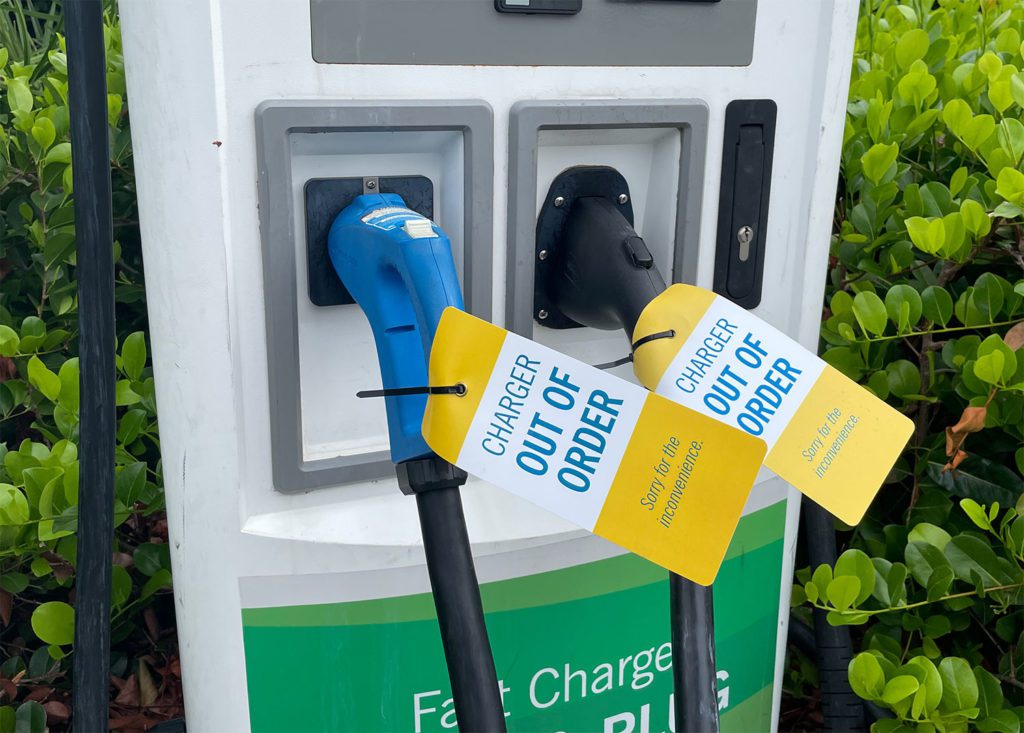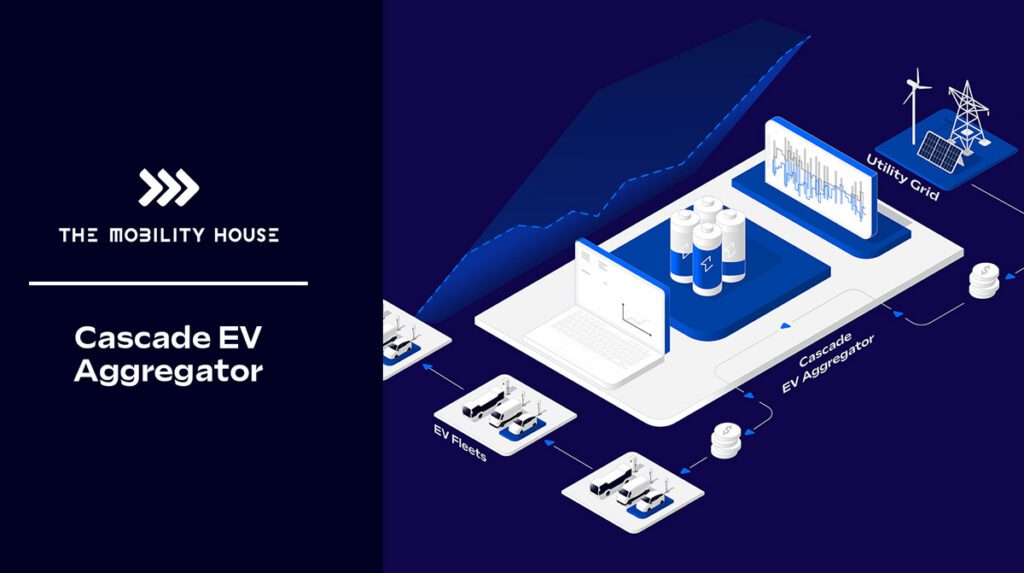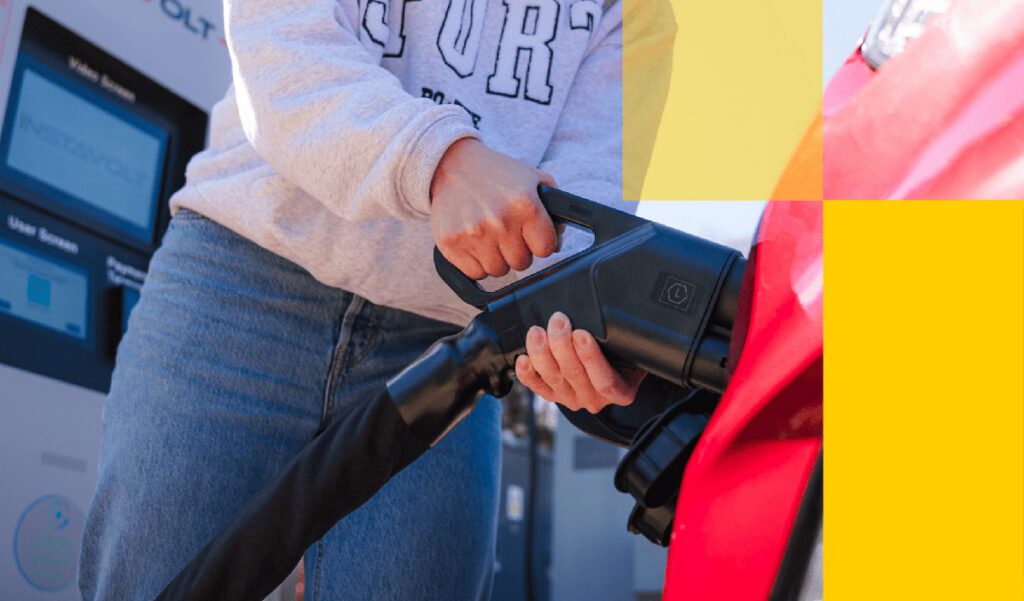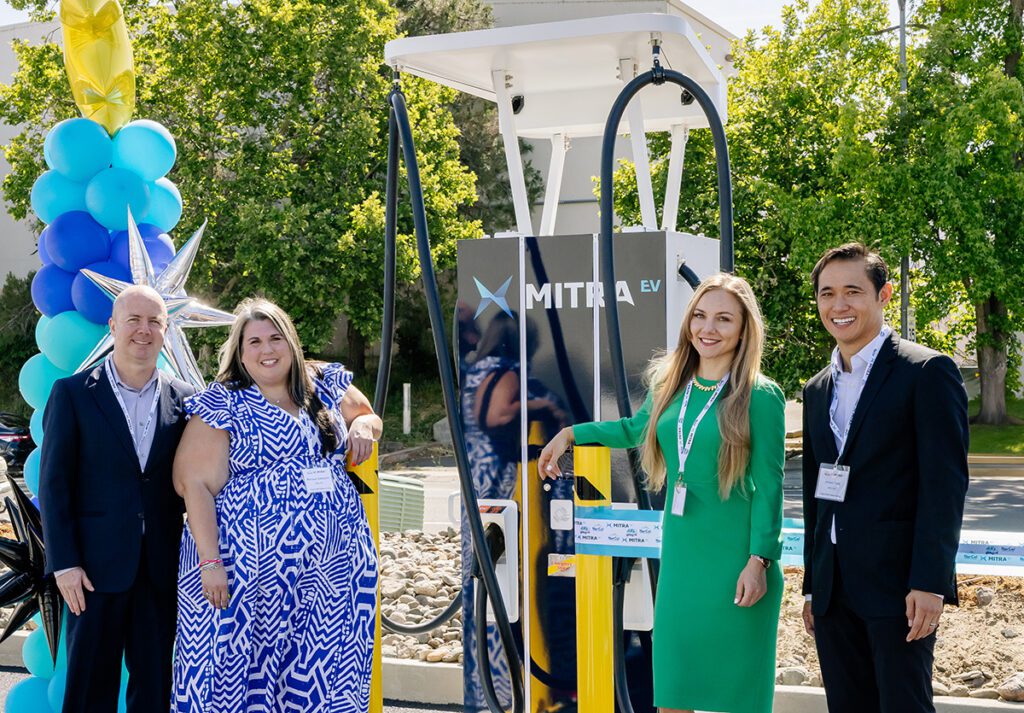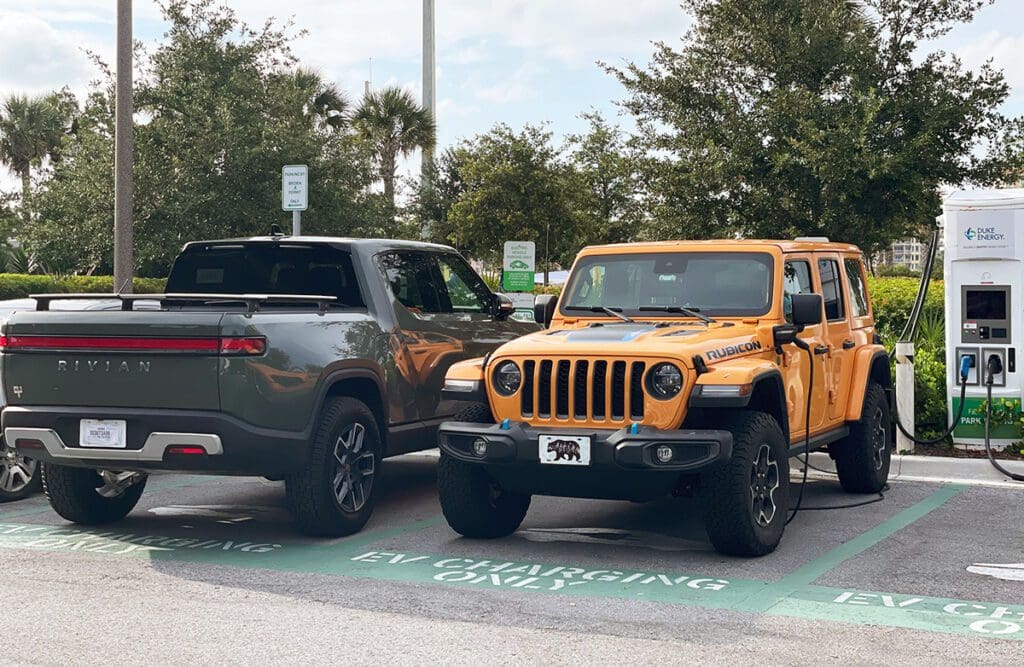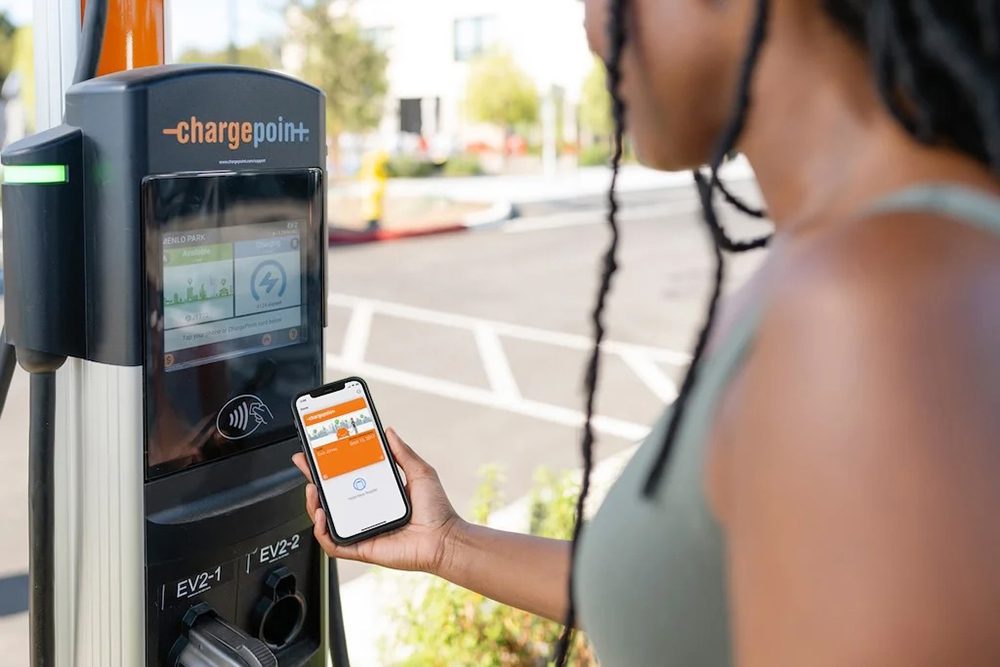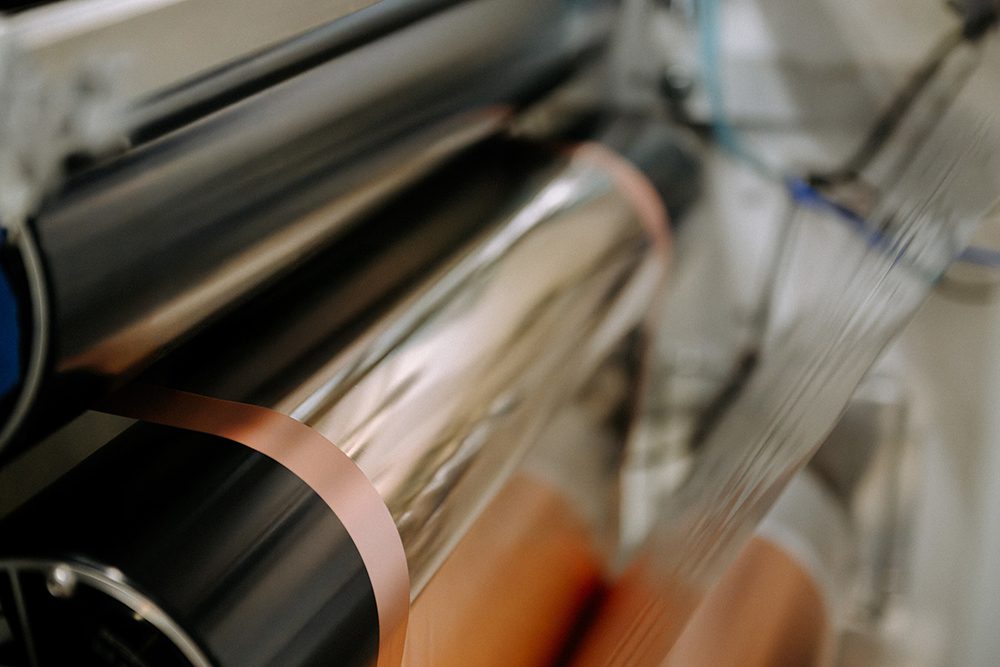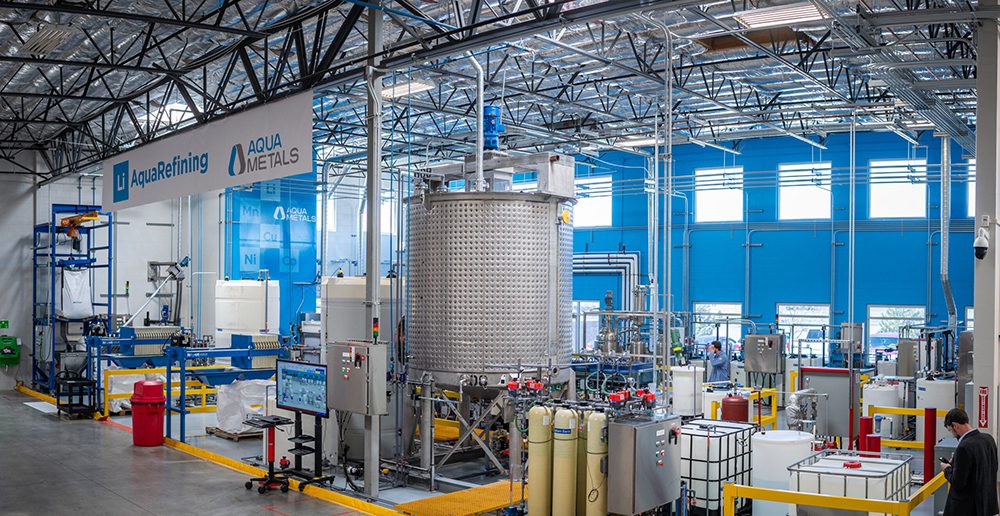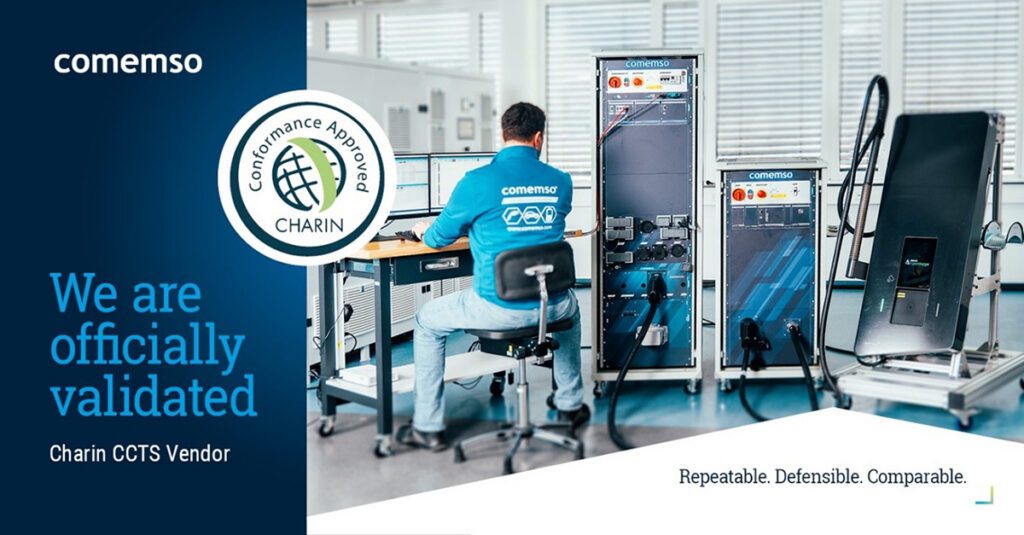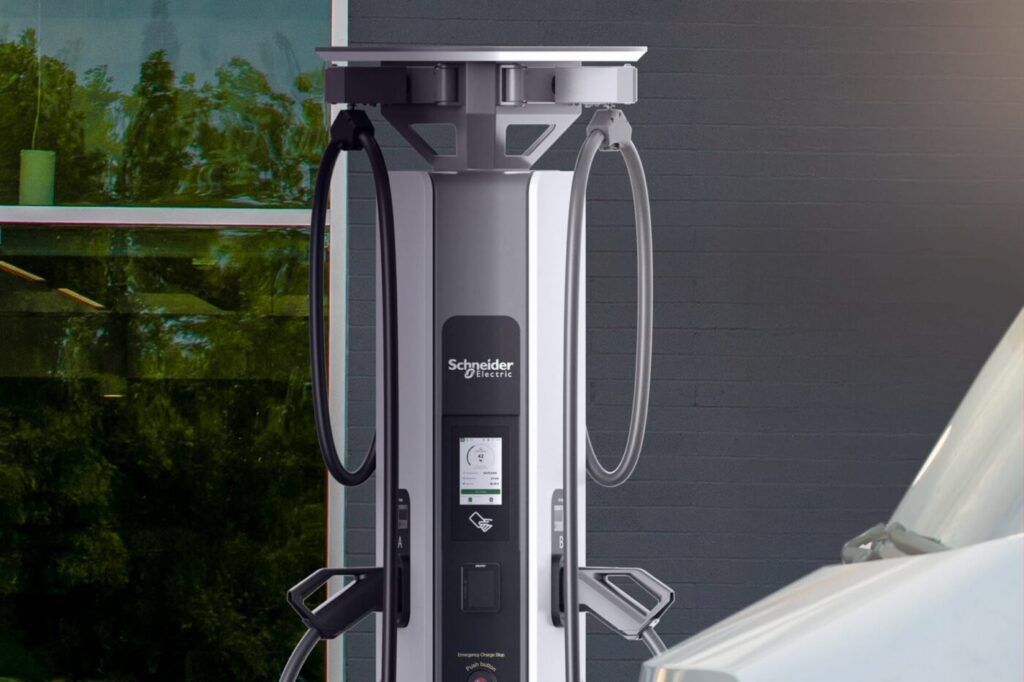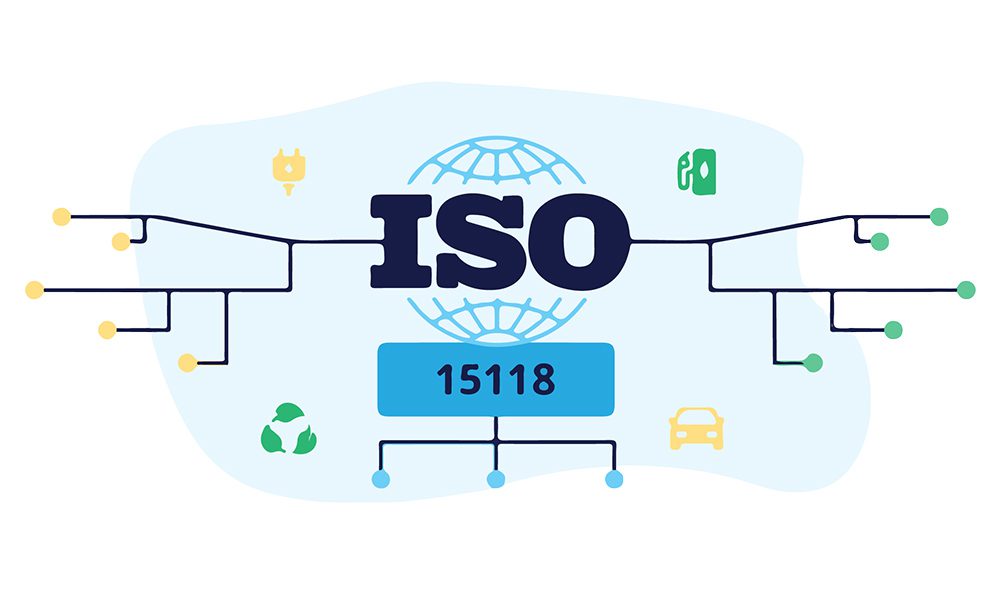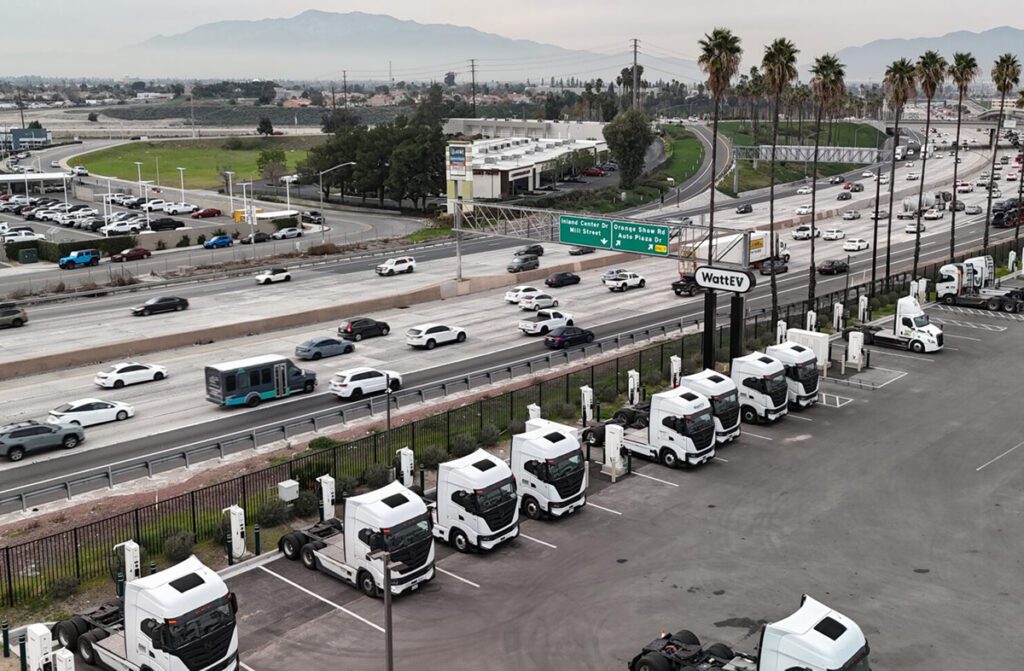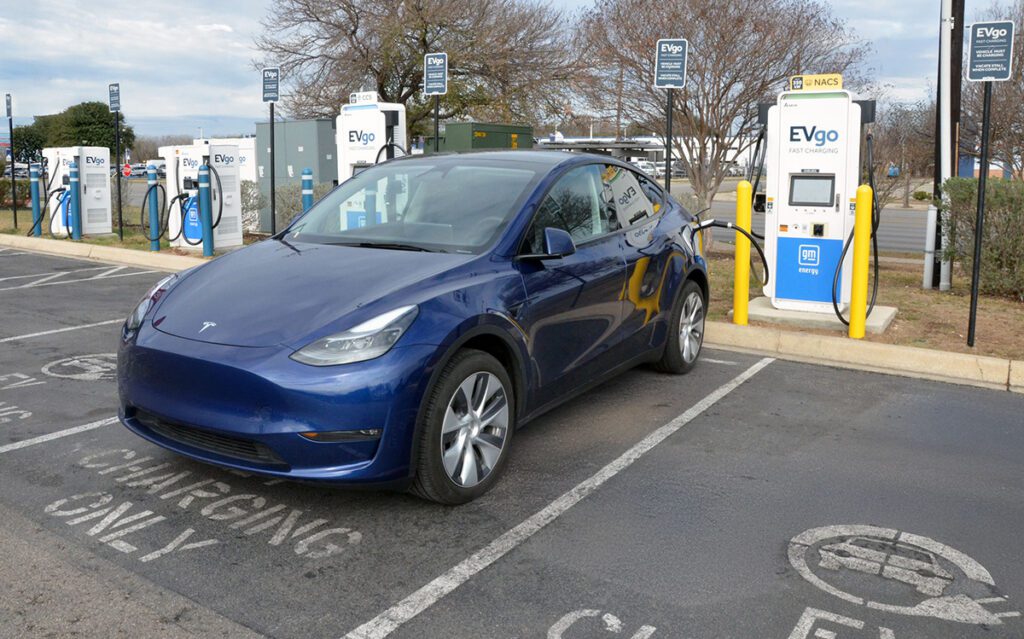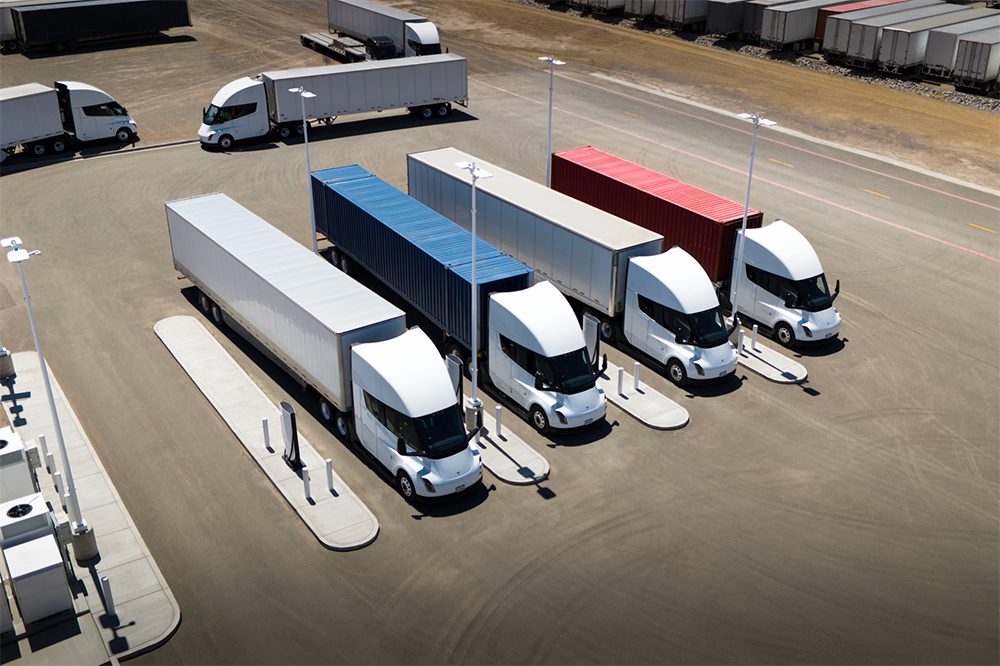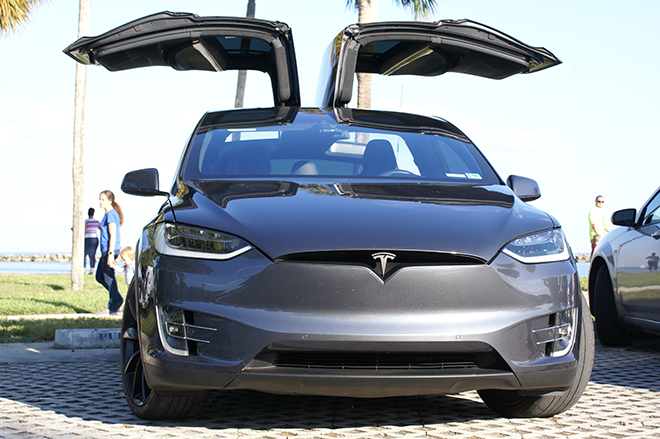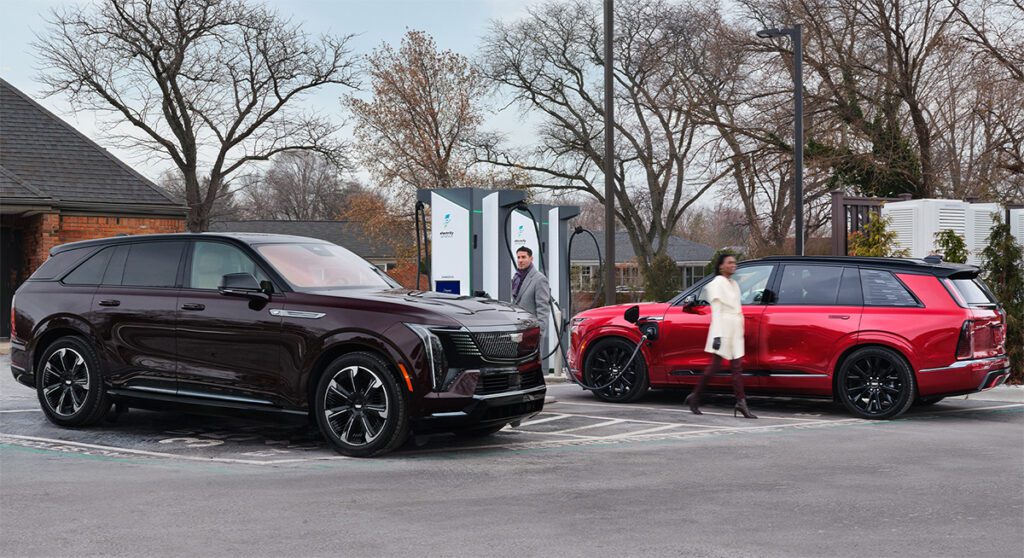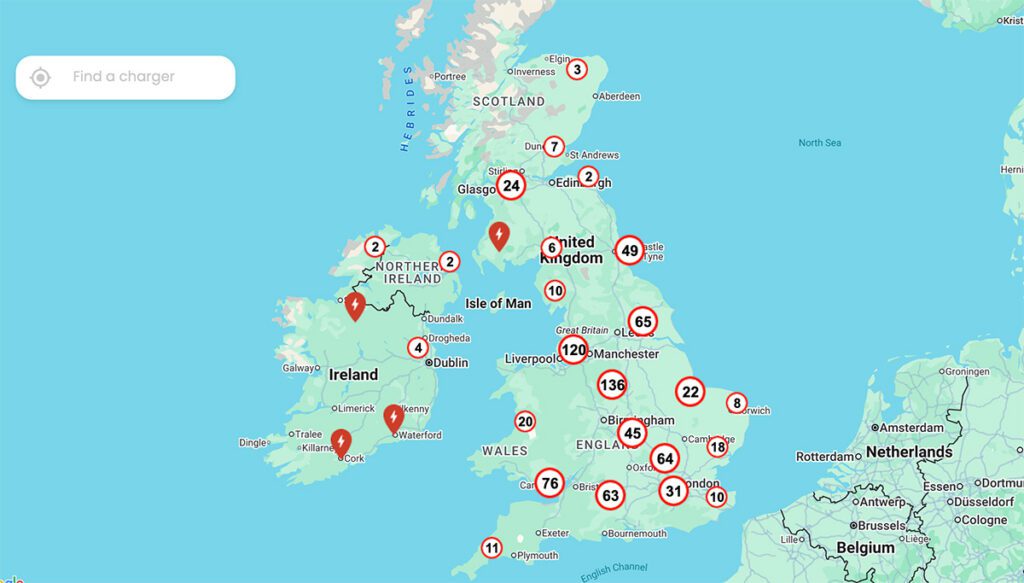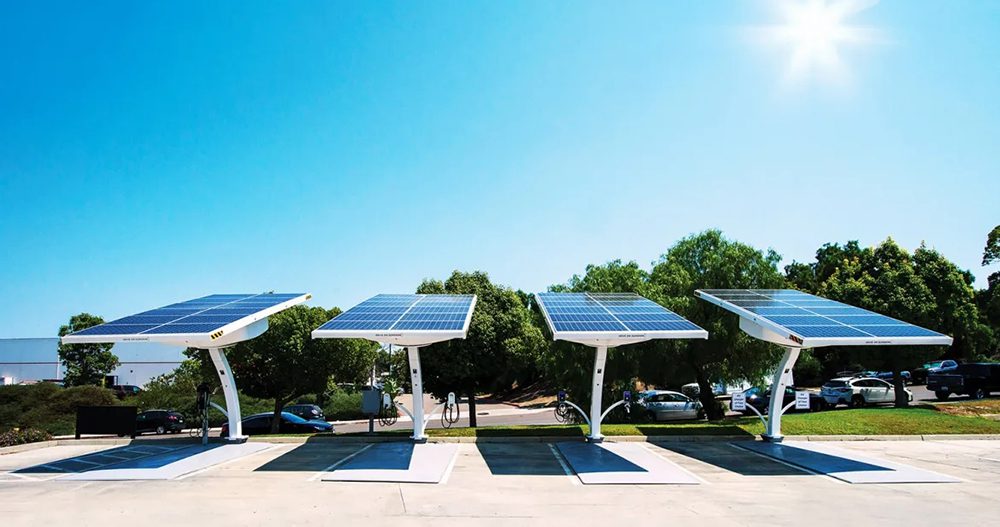One of the drawbacks of lithium-ion batteries is that they tend to suffer power loss in cold weather. At temperatures below freezing, charging is slower, regenerative braking is restricted and vehicle range can be reduced.
Now researchers from Penn State and spin-off company EC Power have developed a battery that avoids these problems by self-heating if the temperature drops below 32 degrees F.
In “Lithium-ion battery structure that self-heats at low temperatures,” published in the journal Nature, Chao-Yang Wang and colleagues describe an “all-climate battery” (ACB) cell that can heat itself from -22 to 32 degrees F in 30 seconds, with no need for external heating devices or electrolyte additives.
“It is a long-standing problem that batteries do not perform well at subzero temperatures,” said lead author Chao-Yang Wang. “This may not be an issue for phones and laptops, but is a huge barrier for electric vehicles, drones, outdoor robots and space applications.”
MORE: FleetCarma digs deep into cold-weather EV data
The all-climate battery is designed to weigh only 1.5% more and cost only 0.04% than an ordinary battery, and to consume less than 5.5 percent of the cell’s energy capacity.
The ACB uses a 50-micrometer-thick nickel foil with one end attached to the negative terminal and the other extending outside the cell to create a third terminal. A temperature sensor attached to a switch causes electrons to flow through the nickel foil to complete the circuit, rapidly heating up the nickel foil and warming the inside of the battery. Once the battery reaches 32 degrees F, the switch turns off and current flows in the normal manner.
“Next we would like to broaden the work to a new paradigm called SmartBattery,” said Wang. “We think we can use similar structures or principles to actively regulate the battery’s safety, performance and life.”
Source: Penn State via Green Car Congress
Image: Chao-Yang Wang / Penn State




